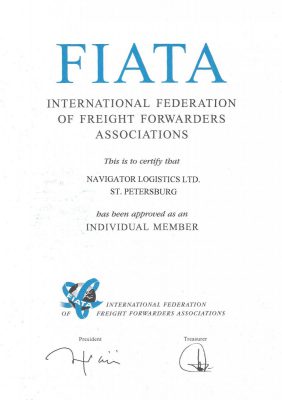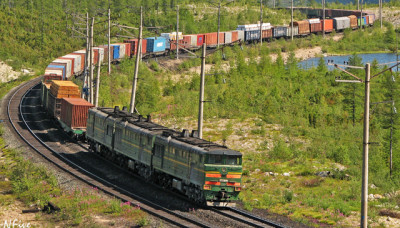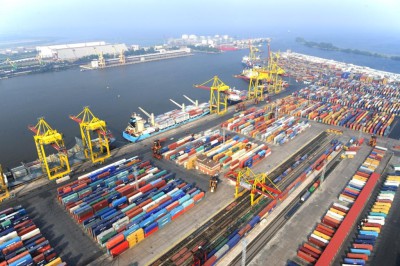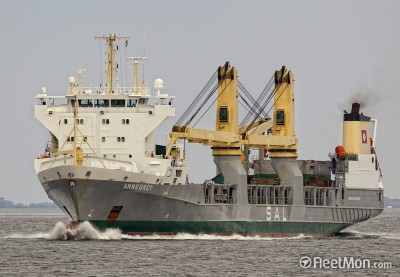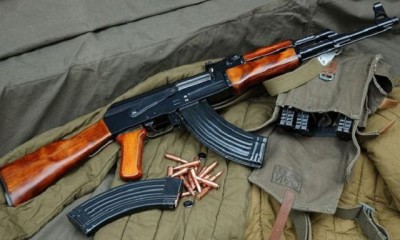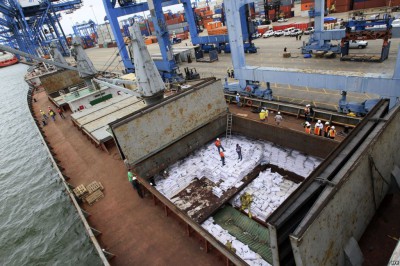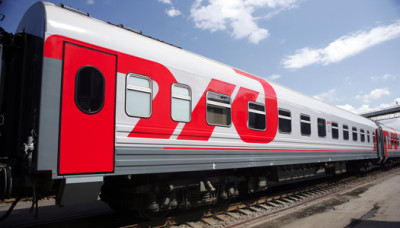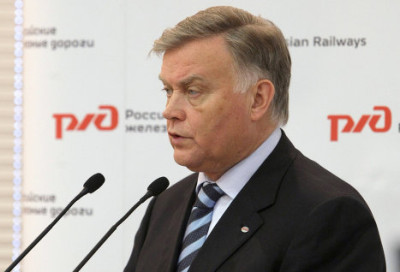According to the latest figures, loading volumes on the Russian Railways’ network in July 2014 amounted to 103.1 million tons, down 3.3% on the same month last year.
Freight turnover in July 2014 increased compared to July 2013 by 5.8% and amounted to 191.5 billion tariff ton-kilometres. Freight turnover taking into account empty wagon runs during the same month increased by 6.2% and amounted to 245.5 billion ton-km.
Loading in January-July 2014, according to the latest figures, was 702.6 million tons, 1.3% less than during the same period in 2013.
In January-July 2014, the railways shipped the following goods. Figures in brackets show the percentage change compared to January-July 2013:
- coal – 176.1 m tons (-0.3%);
- coke – 6.6 m tons (-1.9%);
- oil and petroleum products – 148.9 m tons (+2%);
- iron and manganese ores – 62.6 m tons (-1.9%);
- ferrous metals – 41.2 m tons (unchanged);
- ferrous metal scrap – 8.9 m tons (-3%);
- chemical and mineral fertilisers – 29.2 m tons (+8%);
- cement – 19.2 m tons (-6.5%);
- timber – 23.2 m tons (+10.1%);
- grain and milled products – 8 m tons (+50.9%);
- construction materials – 83.2 m tons (-16.6%);
- non-ferrous ores and sulphur feedstock – 11.4 m tons (-4.9%);
- chemicals and soda – 15 m tons (-4.3%);
- industrial feedstock and moulded materials – 20.1 m tons (+7%).
Freight turnover since the beginning of 2014 amounted to 1,322.7 billion tariff ton-km, an increase of 5.7%. Freight turnover taking into account empty wagon runs was up 6.4% to 1,705.2 billion ton-km.
Source: http://eng.rzd.ru/newse/public/en?STRUCTURE_ID=15&layer_id=4839&refererLayerId=4530&id=106437
